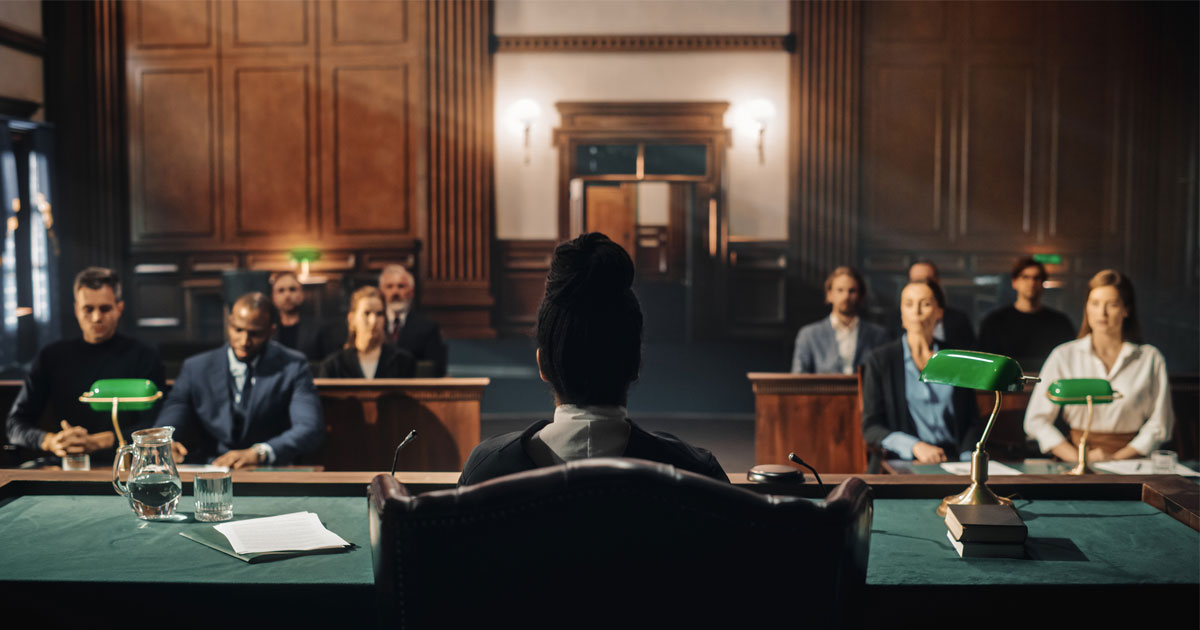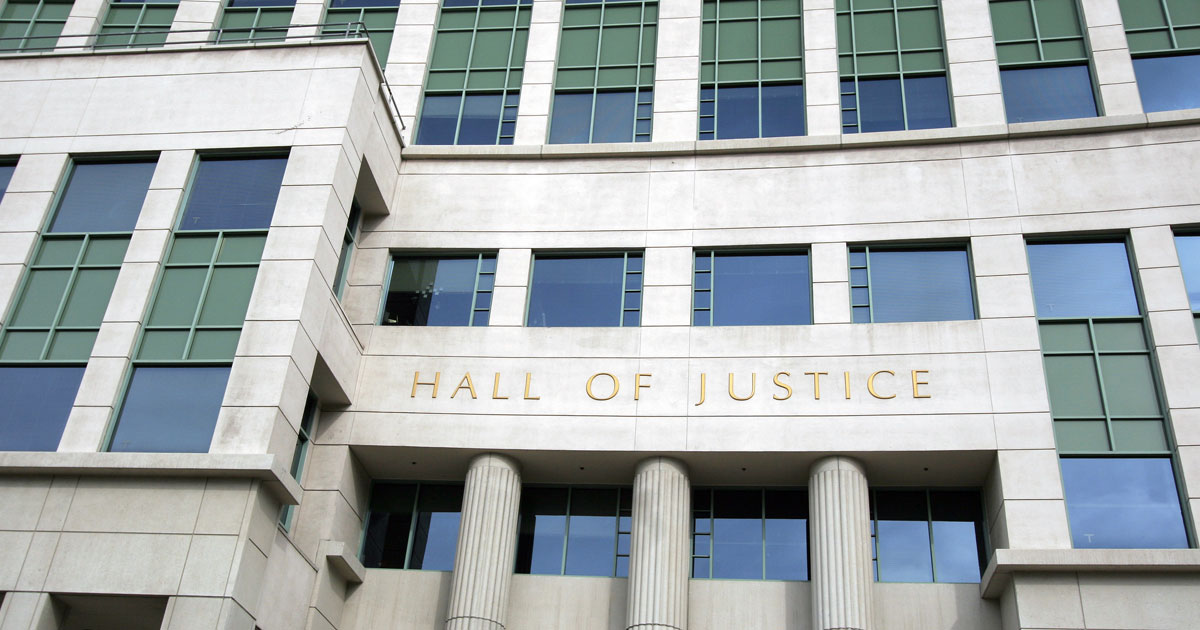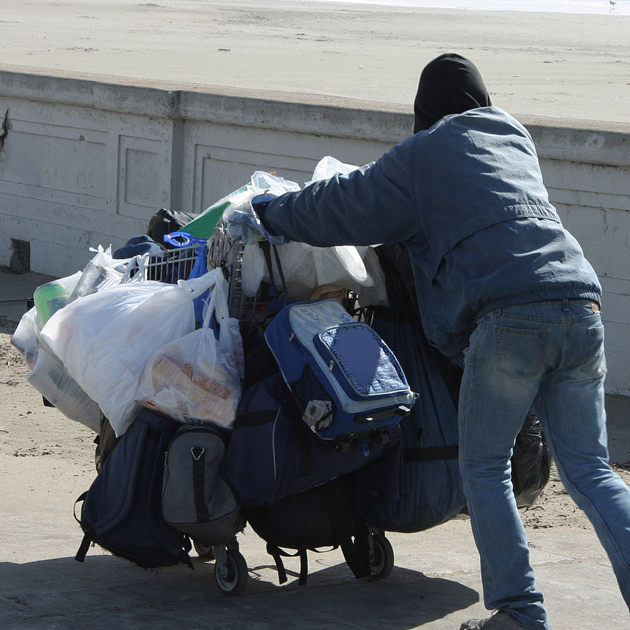California substance use is overwhelming. Mental health conservatorships in California are making headlines. While conservatorships are currently common in Los Angeles, they were not often pursued in San Diego for a variety of distinct reasons. Fortunately, this matter is being examined more thoroughly, and San Diego area authorities are working to improve conservatorships and reduce the homeless population.
Some individuals struggling with addiction and substance use disorder (SUD) may qualify for a conservatorship if they display poor physical health and irrational decision-making. If this describes your loved one, read on to learn what a conservatorship is and how it affects those with SUD.
A conservatorship could not only provide mental health benefits for individuals, but it can also keep them off the streets.
What Are Conservatorships in California?
A conservatorship is a legal proceeding in which a court appoints a representative, called the conservator, to make decisions on behalf of someone who is unable to take care of themselves and their finances. This can be due to undue influence, an intellectual disability such as dementia, a mental health condition, or because they fail to meet their physical needs, such as food, medical care, and need for shelter. Before pursuing any conservatorship, it is recommended to speak with an attorney about the matter. This can help you establish a plan and, if the conservatorship is approved, can speed up the process of initiating power of attorney.

To qualify for a conservatorship, the person in need, called the “conservatee,” must:
- Be a resident of the county in which the application is submitted
- Be “gravely disabled,” including having bipolar disorder or schizophrenia
- Have a mental health diagnosis assessed by the a facility
What Types of Conservatorships Are There?
While conservatorships exist in other states, they are sometimes referred to as “guardianships.” California has two distinct types of conservatorships, known as LPS and probate conservatorships.
LPS Conservatorships
If the conservatee is gravely disabled due to a mental disorder or alcoholism, a Lanterman-Petris-Short (LPS) conservatorship may apply. This type of conservatorship may be recommended by the staff of a medical facility, but only the county can submit an LPS conservatorship petition to the court.
Only treatment facilities, agencies, or courts can begin the process of an LPS conservatorship. The decision is usually made within a month, and an LPS conservatorship typically lasts for an entire year, subject to renewal with an annual court hearing. Conservators can place the conservatee anywhere in California, including mental health facilities, if consistent with their treatment plans. People of all ages can be considered for a conservatorship, including children, should they meet the criteria.
There are two types of LPS conservatorships: temporary and permanent. Temporary LPS conservatorships, sometimes called “T-Cons” for short, typically last for 30 days and are determined by the office of the Public Guardian. Through temporary conservatorships, the conservator investigates the need for a permanent LPS conservatorship and recommends who should be appointed as conservators if necessary. Permanent LPS conservatorships last for at least a year or until a doctor or court determines that the conservatee no longer meets the criteria for conservatorship. If the conservatee continues to qualify after one year, a petition for renewal of conservatorship can be arranged.
Probate Conservatorships
Another form of conservatorship is called probate conservatorship.
The qualifications for this conservatorship require the conservatee to:
- Live in the county in which the application was submitted
- Be unable to meet their physical health needs, including food, shelter, and clothing
- Be unable to manage their financial resources
- Resist fraud or undue influence

Probate conservatorships can take several months to become approved, unlike an LPS conservatorship. These conservatorships are also indefinite, but either the conservator or conservatee can petition for termination at any time. Probate conservatorships are restricted to those 18 years and older, with most conservatees being elderly or dependent adults. As with LPS conservatorships, probate conservators can place the conservatee anywhere in California that is consistent with treatment needs, with one exception: they cannot send the conservatee to a mental health facility. As a result, conservators in a probate agreement can make all medical decisions, including surgeries, but cannot decide on involuntary mental health treatments.
Probate Vs. LPS Conservatorships
Both probate and LPS conservatorships can involve public guardians, family members, or private professionals, but professional conservators tend to reserve their involvement for probate conservatorships since finances are often involved. LPS conservatorships tend to be a more common option for people struggling with SUD or another mental health issue due to the conservator’s ability to select mental health care.
According to a study from the Department of Health Care Services, just under 1,500 people were placed in a temporary LPS conservatorship in 2019-2020, and just over 3,600 people were placed in permanent LPS conservatorships. Some believe the data is inaccurate since some counties didn’t report any data, and this has led to people pushing for more transparency regarding this issue. The city of San Diego is currently discussing actions designed to increase the amount of granted conservatorships.

The Difficulty of Securing a Conservatorship
People discussing the conservatorship issue in California often highlight how difficult it can be to establish an LPS conservatorship compared to a probate conservatorship. Some argue that LPS conservatorships strip more rights from the conservatee since they can be sent to live anywhere, including mental health facilities. LPS conservatorships also require strict documentation that an individual cannot support themselves, whereas a probate conservatorship only calls for convincing evidence.
Progress has been made regarding increasing the approval rate for conservatorships. In 2020-2021, nearly 85% of conservatorship cases were approved. It’s important to note that while an LPS conservatorship might be more beneficial for individuals who meet the standard of proof since they can be sent to mental facilities and given treatment, probate conservatorships are easier to qualify for.
It is crucial to recognize that conservatorships are subjective. For example, if an individual is brought in to be considered for conservatorship, the process might fail if the potential conservatee presents well during the investigation. This can make the situation more complicated for all involved.
The complications of conservatorships are often mentioned while discussing a recent conservatorship case.
Britney Spears Conservatorship

In 2008, pop singer Britney Spears was placed into a probate conservatorship, with her father and attorney placed as conservators. This lasted until November of 2021 when Spears’ conservatorship was terminated by her father after Spears petitioned to end it. While Spears had mental health struggles beginning in 2008, she stated that as time went on, she was also subject to abuse and mistreatment. Because she was placed in a probate conservatorship, little proof was needed to support the claim that Spears was unable to support herself.
This case brought forth a great deal of controversy and discussion surrounding conservatorships. While many agree with Spears that the conservator laws need to change, it is unclear what the best approach is.
Some say being placed in an LPS conservatorship takes a great deal of effort that can cause a delay in much-needed treatment for the conservatee, but others argue that the laws surrounding probate conservatorships need to be stricter. There is also debate regarding whether conservatorship strips too many rights from individuals and if they truly keep people safe. Because of the discussions regarding Spears’ conservatorship, many family members who have loved ones with mental illness understandably want the standards relaxed, which would make it easier to place people unable to care for themselves in a conservatorship.
Because of the way LPS conservatorships work, someone who qualifies for a conservatorship can be placed in a mental facility for treatment, even against their will and due to the conservator’s decision. There, medical treatment such as psychotropic drugs can be given to the conservatee, regardless of if they want them. During a probate conservatorship, only medical treatments can be determined by the conservator.
Many experts warn against viewing Spears’ case as a rule for all conservatorships. Spears is a multimillionaire with many resources and many assets to place under the care of her conservator. However, most conservatees are or were previously homeless while living with SUD or another serious mental illness. Still, it is beneficial to have this discussion regarding how to improve the conservatorship system. Soon after the case, a law was passed in September of 2022 that allows conservatees to select a conservator and make it easier to end probate conservatorships.
Utilizing LPS conservatorships can be effective for treating individuals who struggle with SUD.
What Conservatorships Do for San Diegans with SUD
San Diego mayor Todd Gloria stated in January 2022 that he would push for action on conservatorships, so people who are unable to support themselves aren’t struggling with life on the streets. Currently, conservatorships are much more common in Los Angeles than in San Diego, likely due to San Diego’s persistent trend of pursuing temporary conservatorships. Many cases get passed from various law enforcement officials to clinicians before finally reaching the public conservator’s office.
However, utilizing LPS conservatorships can be effective for treating individuals who struggle with SUD. When an individual is struggling with SUD, substances can affect the mind and cause irrational thinking and decision-making. We encourage those struggling to seek treatment, but we also know how difficult it can be to convince someone to do that.
For example, much of the homeless population in San Diego struggles with SUD, but most don’t believe they need assistance. Unfortunately, as poor self-care and lack of healthy decision-making persist, physical and mental health declines. Conservatorships are an effective method for helping someone who cannot make an independent decision to improve their wellbeing.
Mayor Gloria is currently pushing for more conservatorships to help the homeless population who struggle with mental illness, SUD, and poor physical health.

A conservatorship could not only provide mental health benefits for these individuals, but it can also keep them off the streets. Gloria recognizes that many homeless people battling SUD cannot make a rational, independent decision despite the system believing they can, a conclusion he has arrived at after experiencing the mental health crises of a close family member.
You Have Mental Health Options
Many people, including Mayor Gloria, recognize that there are a great many unknowns when it comes to approaching the conservatorship issue in San Diego. It’s unclear whether conservatorships will rise or fall in the years to come, but authorities remain optimistic. Work is being done to sort out this issue and get people with mental health issues off the streets and in SUD treatment.
If your loved one cannot live independently or make rational decisions, a conservatorship could be the best way to keep them safe. It is our hope that future laws will ease the burden of family members looking to help their loved ones receive the treatment they need to stay healthy. If you find yourself in this situation, please reach out for help; we are people who care and want to see you and your loved ones succeed.
Sources
- https://www.dhcs.ca.gov/Documents/CSD_YV/MHSA/IDR/IDR-FY1920.pdf
- https://www.sandiegouniontribune.com/news/politics/story/2022-01-12/gloria-focuses-on-infrastructure-homelessness-in-second-state-of-city-speech
- https://www.sdcourt.ca.gov/sdcourt/probate2/conservatorship

CADC II, Certified AOD Counselor
Nora Jenkins has made the quality and committed care we provide at Lilac Recovery Center possible. Nora is experienced in providing care to assist in rebuilding relationships to support healthy, long-term recovery. Her professional background includes clinical management, program administration, and counseling.




